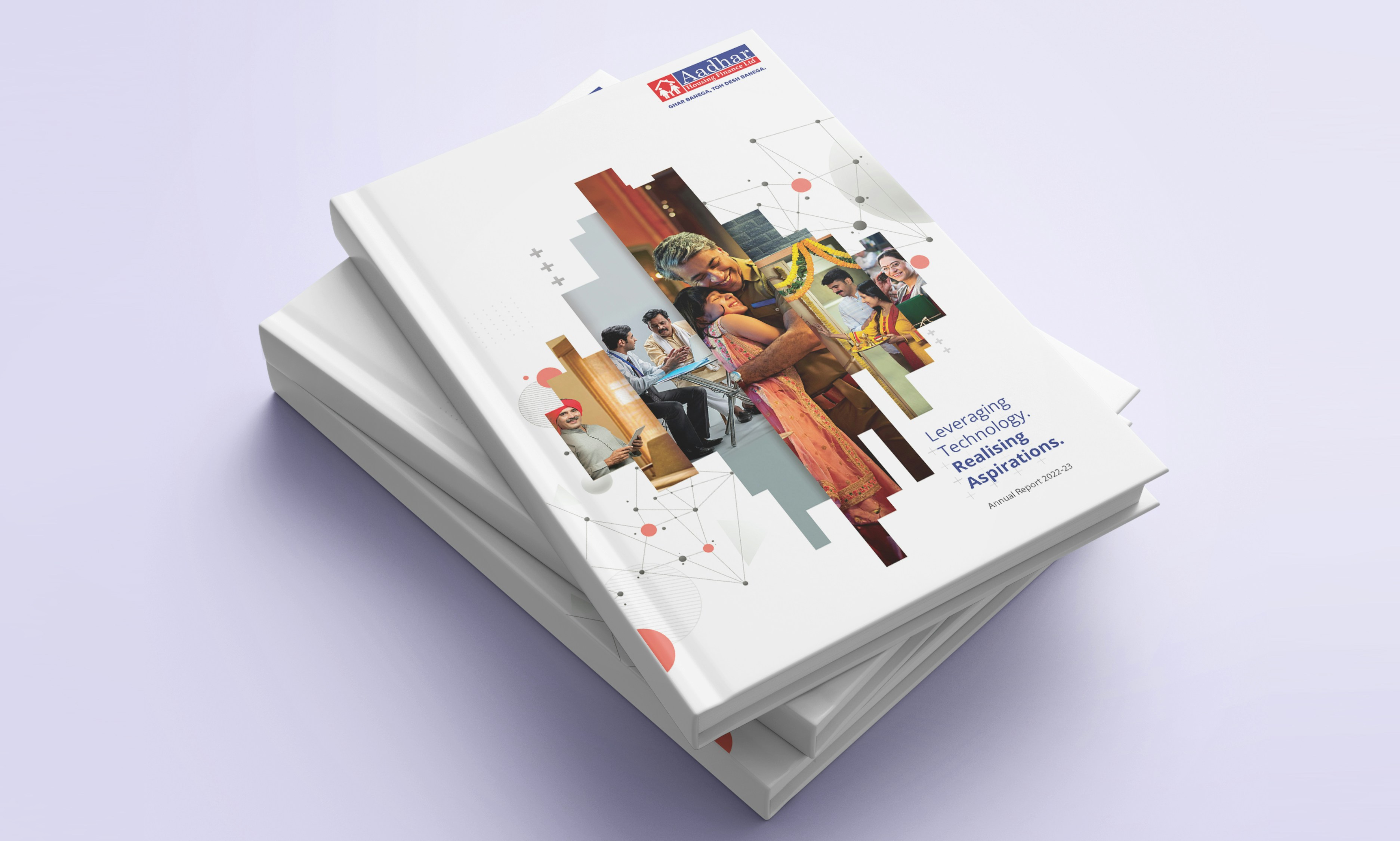Your Final Information to Private Finance Ideas for Learners
Managing private funds is a vital ability that everybody ought to purchase. In right now’s unpredictable financial atmosphere, understanding learn how to correctly handle your cash can result in monetary freedom and safety. This text offers important private finance ideas for newbies that will help you achieve management over your monetary future.
Understanding Private Finance
Private finance entails the planning and administration of private monetary actions equivalent to budgeting, financial savings, investing, and bills. The purpose is to maximise your monetary assets to realize your private targets. By educating your self on private finance, you take step one in direction of a extra steady and affluent future.
1. Create a Price range
The primary tip for managing your funds is to determine a month-to-month finances. A finances helps you perceive the place your cash goes and means that you can allocate funds towards your essential bills, financial savings, and discretionary spending.
To create an efficient finances, comply with these steps:
- Record all sources of revenue.
- Doc all month-to-month bills, categorizing them as fastened (hire, utilities) and variable (leisure, eating).
- Subtract whole bills from whole revenue to see how a lot it can save you or make investments.
- Recurrently assessment and modify your finances as wanted.
2. Construct an Emergency Fund
An emergency fund is a financial savings account that’s reserved for sudden bills equivalent to medical emergencies or automobile repairs. Monetary specialists advocate setting apart three to 6 months’ value of dwelling bills in an simply accessible account.
Establishing an emergency fund will offer you peace of thoughts and assist keep away from accumulating debt when unexpected circumstances come up.
3. Educate Your self on Monetary Literacy
Bettering your monetary literacy is crucial when managing your private funds. Think about investing time in studying books, taking on-line programs, or following finance blogs and podcasts to reinforce your understanding of cash administration.
Some extremely beneficial books embody:
- “Wealthy Dad Poor Dad” by Robert Kiyosaki
- “The Whole Cash Makeover” by Dave Ramsey
- “The Richest Man in Babylon” by George S. Clason
4. Scale back Debt
Managing and lowering debt is important for monetary well being. Begin by itemizing all of your money owed, together with bank cards, scholar loans, and private loans.
Use the snowball technique or avalanche technique to prioritize paying off money owed:
- The snowball technique focuses on paying off the smallest money owed first, supplying you with a way of accomplishment.
- The avalanche technique focuses on paying off money owed with the very best rates of interest first, which might prevent cash in the long term.
5. Save for Retirement Early
It’s by no means too early to start saving for retirement. Make the most of employer-sponsored retirement plans or particular person retirement accounts (IRAs). The facility of compound curiosity signifies that the earlier you begin saving, the extra your cash can develop over time.
Think about beginning with an employer-matching 401(okay) plan if obtainable; this could considerably increase your retirement financial savings.
6. Diversify Your Revenue Streams
Relying solely on a single revenue stream could be dangerous. Search for methods to diversify your earnings by way of aspect hustles, part-time jobs, freelancing, or investments. Passive revenue can come from rental properties, dividend shares, or creating digital merchandise.
7. Set Monetary Objectives
Setting particular, measurable, attainable, related, and time-bound (SMART) monetary targets may also help hold you motivated and centered. Whether or not your purpose is saving for a automobile, paying off debt, or funding a trip, having clear targets will support in your private finance journey.
8. Monitor Your Credit score Rating
Your credit score rating impacts your capability to borrow cash and safe loans at favorable rates of interest. Recurrently checking your credit score rating may also help you determine errors, monitor for identification theft, and monitor your progress over time.
Think about signing up for a credit score monitoring service to get real-time updates and recommendations on bettering your rating.
Conclusion
Growing good private finance habits is vital for newbies trying to take management of their monetary future. By making a finances, saving for emergencies, educating your self, managing debt, saving for retirement, diversifying revenue, setting targets, and monitoring your credit score, you may construct a stable basis on your monetary well-being.
Continuously Requested Questions (FAQs)
1. What’s crucial side of private finance?
A very powerful side of private finance is to reside inside your means and successfully handle your finances. Making certain that you don’t overspend is essential for monetary stability.
2. How a lot ought to I’ve in my emergency fund?
You must goal to have three to 6 months’ value of dwelling bills saved in your emergency fund to cowl sudden prices.
3. When ought to I begin saving for retirement?
One of the best time to begin saving for retirement is as early as doable, ideally in your twenties, to benefit from the ability of compound curiosity.
4. How can I enhance my credit score rating?
You’ll be able to enhance your credit score rating by paying payments on time, lowering debt, not making use of for too many new accounts without delay, and repeatedly monitoring your credit score report for inaccuracies.
5. Is it advisable to speculate whereas in debt?
Whereas it’s usually higher to repay high-interest debt first, small-scale investing like contributing to a retirement fund should still be advantageous, particularly if there are employer matching contributions.







